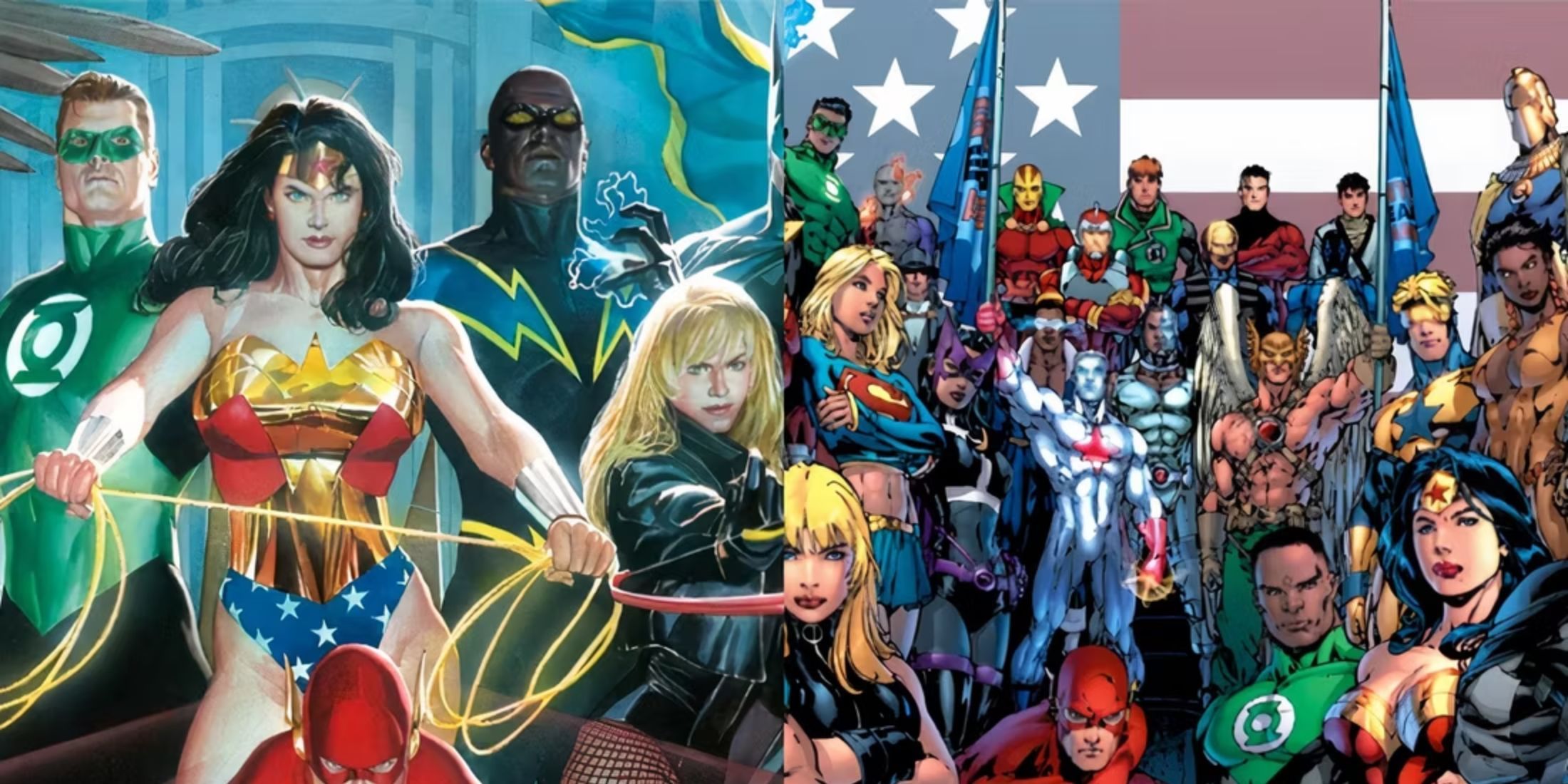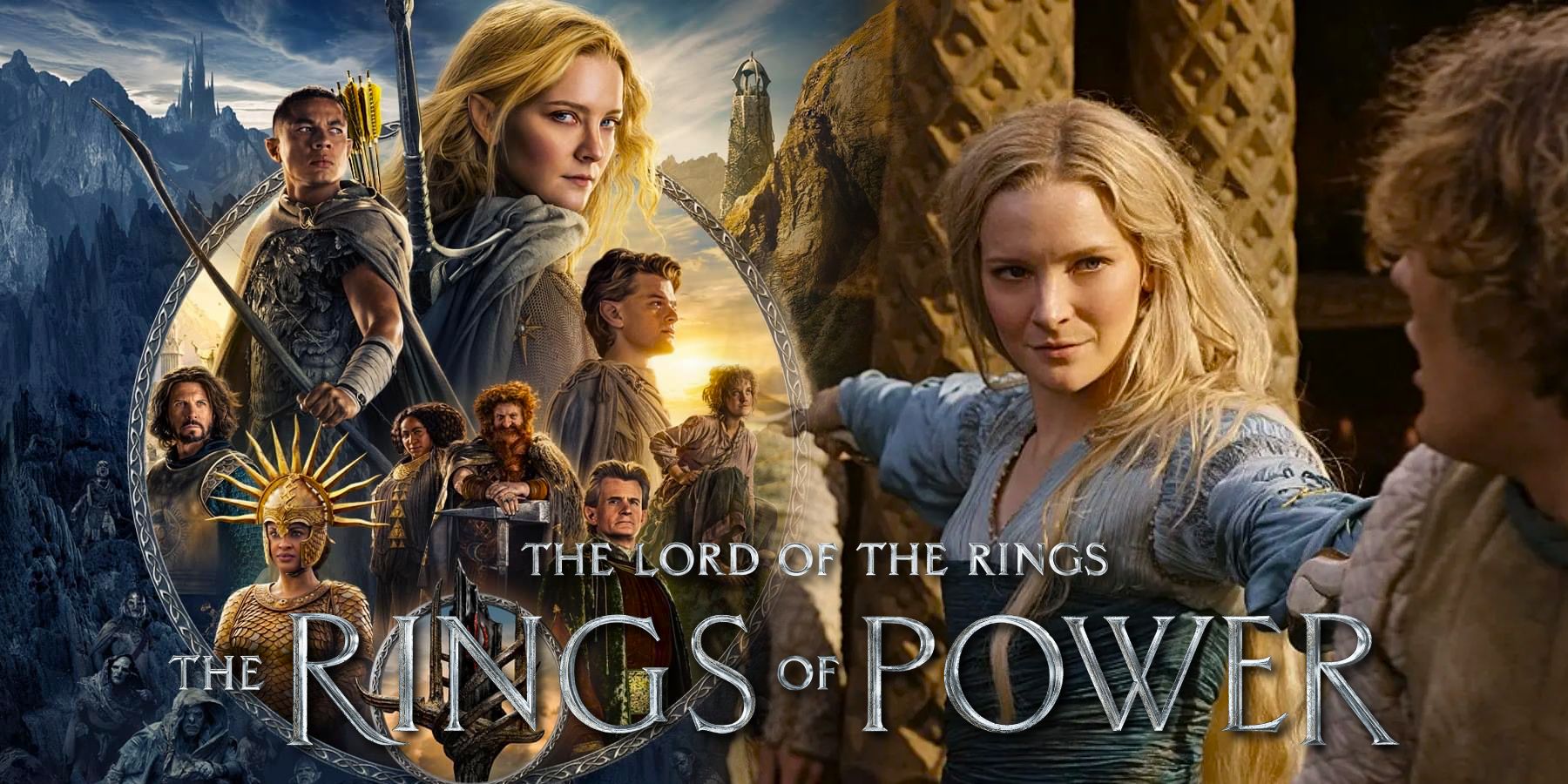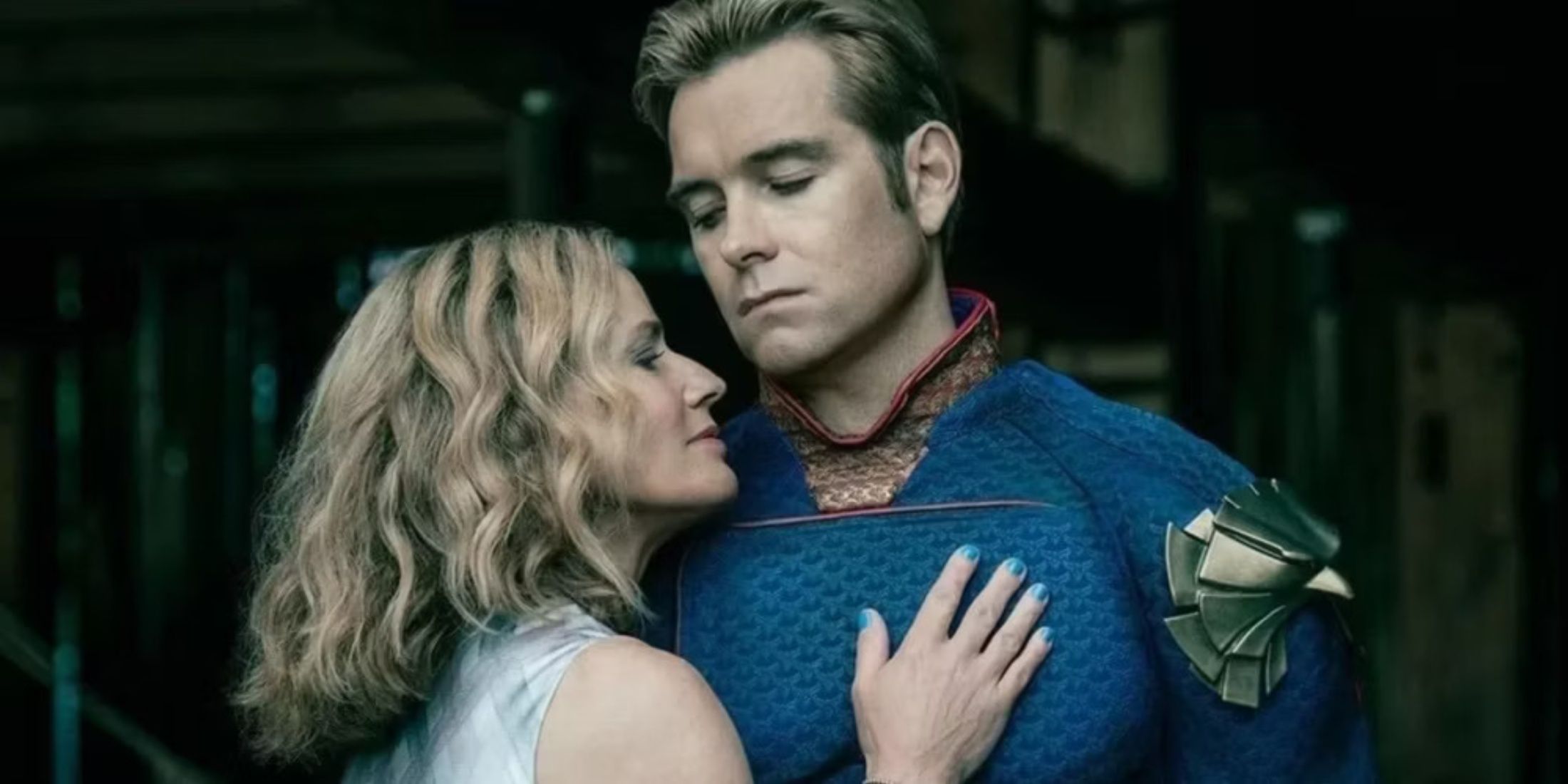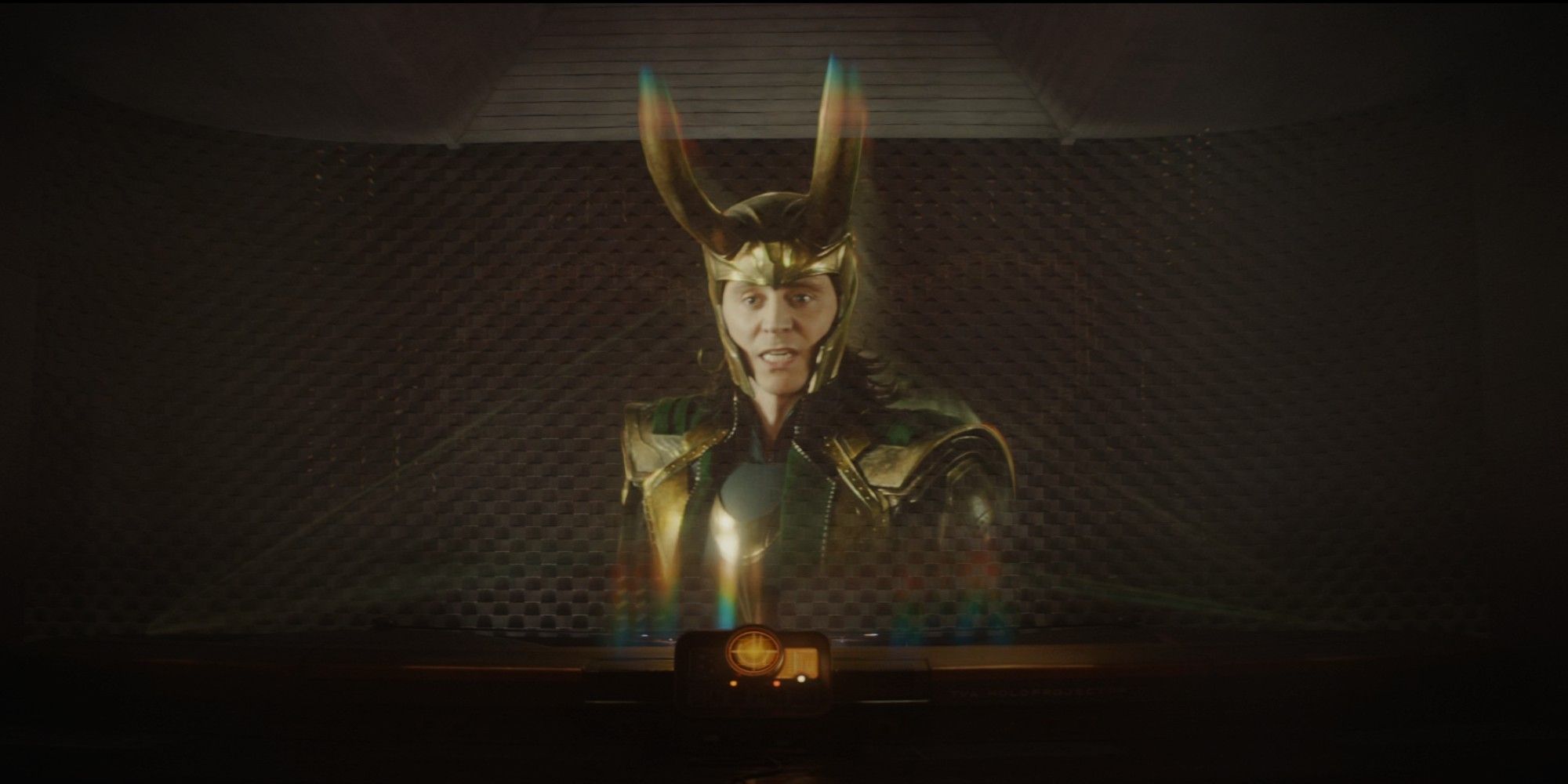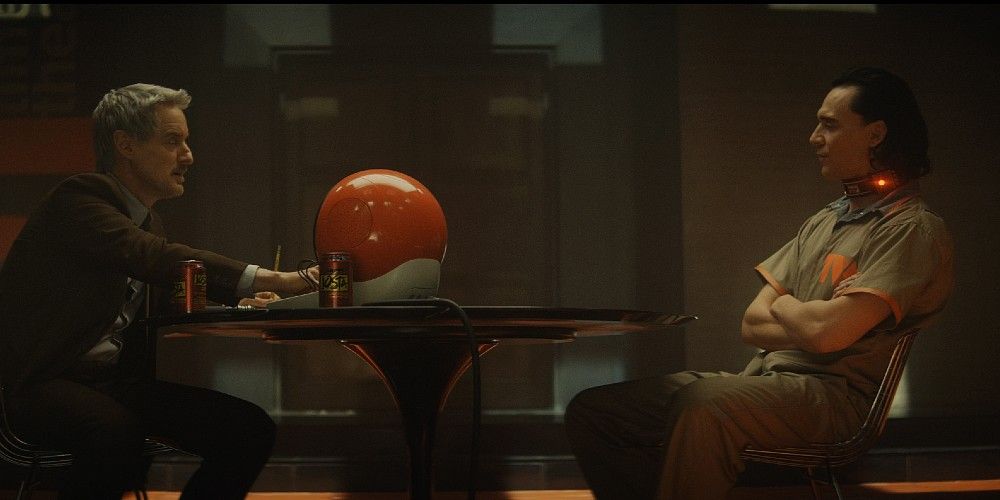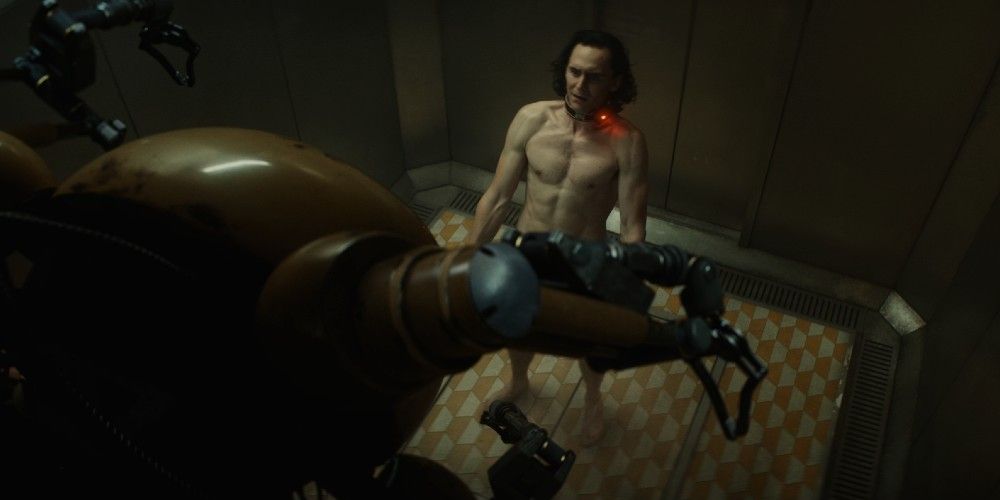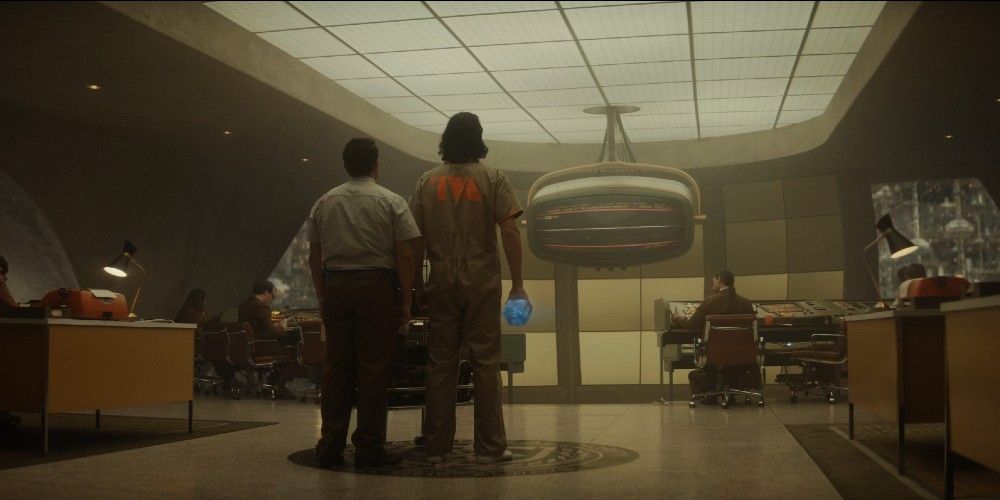Loki is the most recent MCU series on Disney Plus, picking right up after The Avengers (2012) – or rather Avengers: Endgame’s (2019) version of the first Avengers – when the eponymous God of Mischief (Tom Hiddleston) snatched the Tesseract/Space Stone and fled from the Avenger’s custody. So, the Loki landing in the Mongolian desert within “Glorious Purpose” is not the one we’ve seen develop and (partially) redeemed in Thor: The Dark World (2013) and Ragnarök (2017). Essentially, Loki has erased the past decade for the vain-glorious villain, plucking him outside the timestream for diverting from his preordained path, for violating “continuity.”
Much of Loki’s first episode is reintroducing viewers to this former version of Loki, still hung up on his “glorious purpose” and inevitable conquest of Midgard and, afterward, the whole Nine Realms. He even erroneously assumes the Avenger’s time-travel is a last-minute bid to reverse his ascension to God-King, the only future Loki can imagine. But the Time Variance Authority (TVA) don’t see it this way, processing Loki through their bureaucratic machinery as if he was any other prisoner. Only Agent Mobius (Owen Wilson) communicates with Loki on an eye-to-eye level – other TVA officials generally raised above him – and Mobius is also trying to dismantle Loki’s posturing by interrogating his history.
Mobius does this by showing clips of other MCU movies. But alongside catching audiences up on Loki’s character history, it also reminds them of Loki’s specific mindset from The Avengers and how the words twist and reverberate. Loki tells Mobius “the first and most oppressive lie ever uttered was the song of freedom,” explaining that free will makes others miserable. It’s the exact same attitude Loki told Nick Fury (Samuel L. Jackson) after his grand entrance in The Avengers, proclaiming he came “with glad tidings of a world made free… [from] Freedom. Freedom is life’s great lie.”
Later in The Avengers, Loki lorded over a crowd in Germany and monologued how “It’s the unspoken truth of humanity, that you crave subjugation. The bright lure of freedom diminishes your life’s joy in a mad scramble for power, for identity. You were made to be ruled.” This exact scene is shown in Loki, and Loki expands upon it as justification for authoritarianism. He explains to Mobius that “choice breeds shame and uncertainty and regret. There’s a fork in every road, yet the wrong path always taken.” Loki views himself as “saving” humanity by cultivating and eradicating the burden of choice.
The irony is, the TVA proves Loki right. But not in the way he wanted. Just as Loki wishes to control the agency of others, the TVA “prune” stray timelines or actions which haven’t been “sanctioned” by the Time Keepers. Mirroring Loki’s talk of “forks in the road” is the TVA’s imagery of chaotic branches splintering from the pure, straight “sacred timeline.” It is they who decree which choices are permissible and what futures are predestined. Loki is incensed that anybody except himself is responsible for his “birthright,” but finds himself subjugated to his own philosophy. His fallacy was thinking he was the exception to the rule who controlled and restricted the freedom of others, but Loki turns his words against him, swept inside an institution that actually controls the universe.
“Glorious Purpose” is built around humbling and humiliating Loki. As he’s captured by TVA Troopers his face rubbers around in comedic slow-motion, and once at their Headquarters his Asgardian leather is disintegrated off his body. Instead of summoning his magical weaponry, Loki is left with clenched empty hands and sniggers in his courtroom. Loki tries to act superior to the TVA and treat them as a pathetic circus without the authority to judge a God like himself, but it’s clear this is a coping mechanism. Instead, the Asgardian is left subsumed by an authority vaster than he can comprehend, even finding stray Infinity Stones – previously the most powerful objects in the MCU – so ubiquitous that they are being used as paperweights.
All of this breaks Loki’s hardened (and sometimes homicidal) outer shell to spot the insecurity underneath. This facet has always been part of the MCU’s Loki, back to this first appearance in Thor (2011) when he double-crossed his “biological” family of Frost Giants to “prove himself worthy” of his adopted Asgardian family. Loki has always felt like an outcast, and overcompensates through manipulation and intimidation to try and gain “respect.” The attack he levels against the TVA – that it’s a “cruel elaborate trick, conjured by the weak, to inspire fear” – is revealed to be an analysis of himself.
Time travel stories often involve characters reckoning with their own cosmic significance (or lack thereof). Sometimes they reaffirm that every action and individual, however small, has an impact on reality. Sometimes they show people cannot break away from the predetermined paths of history. Only future episodes of Loki will tell which pathway it travels. After all, Loki has already undergone a redemption arc, but not quite in this context before. His circuitous journey allows the events of The Avengers to challenge his arrogance and authority, one paralleled by the TVA, which hopefully the show will further examine.
Perhaps Loki seeing how his future turns out, and being separate from the standard timeline, means he is truly unshackled from the choices imposing on his whole life, and he can finally act with true freedom. Unrestricted by anybody, including himself.

